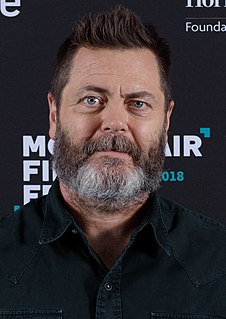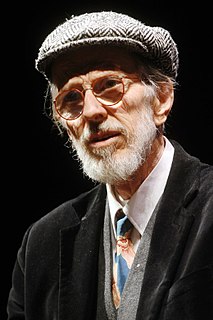A Quote by E. M. Forster
I have almost completed a long novel, but it is unpublishable until my death and England's.
Related Quotes
But how to know the falsity of death? How can we know there is no death? Until we know that, our fear of death will not go either. Until we know the falsity of death, our lives will remain false. As long as there is fear of death, there cannot be authentic life. As long as we tremble with the fear of death, we cannot summon the capacity to live our lives. One can live only when the shadow of death has disappeared forever. How can a frightened and trembling mind live? And when death seems to be approaching every second, how is it possible to live? How can we live?
It is a sweet thing that we serve a dissatisfied God who has destinations in mind for us that we would never choose for ourselves. It really is a good thing that he will not be satisfied until he has gotten us exactly where he created us and re-created us to be. Most of us would have been satisfied to stay at home, and many of us would have quit the journey long before it was completed. But our heavenly Father won't give up until each one of his children has completed the journey.
[My novel] took up the sweetest part of my mind and the rarest part of my imagination; it was like being in love and better. All day long when I was busy [...], I had my unfinished novel personified almost as a secret companion and accomplice following me like a shadow wherever I went, whatever I did.
I have friends that are very wealthy, and I said, do you get audited? They don't even know what I'm talking about. They have never been audited. Why am I audited every single year? And until the audit is completed, obviously, I wouldn't show anything. I will show it as soon as it's completed. I have nothing to hide.
After the first shock of recognition - a sudden sense of "this is what I'm going to write" - the novel starts to breed by itself; the process goes on solely in the mind, not on paper. I feel a kind of gentle development, an uncurling inside, and I know that the details are there already, that in fact I would see them plainly if I looked closer, but I prefer to wait until what is loosely called inspiration has completed the task for me.
Someone's killed 100,000 people. We're almost going, "Well done! You killed 100,000 people? You must get up very early in the morning! I can't even get down the gym. Your diary must look odd: 'Get up in the morning, death, death, death, death, death, death, death - lunch - death, death, death - afternoon tea - death, death, death - quick shower ...' "
Your opening should give the reader a person to focus on. In a short story, this person should turn up almost immediately; he should be integral to the story's main action; he should be an individual, not just a type. In a novel, the main character may take longer to appear: Anna Karenina doesn't show up in her own novel until chapter eighteen.





































